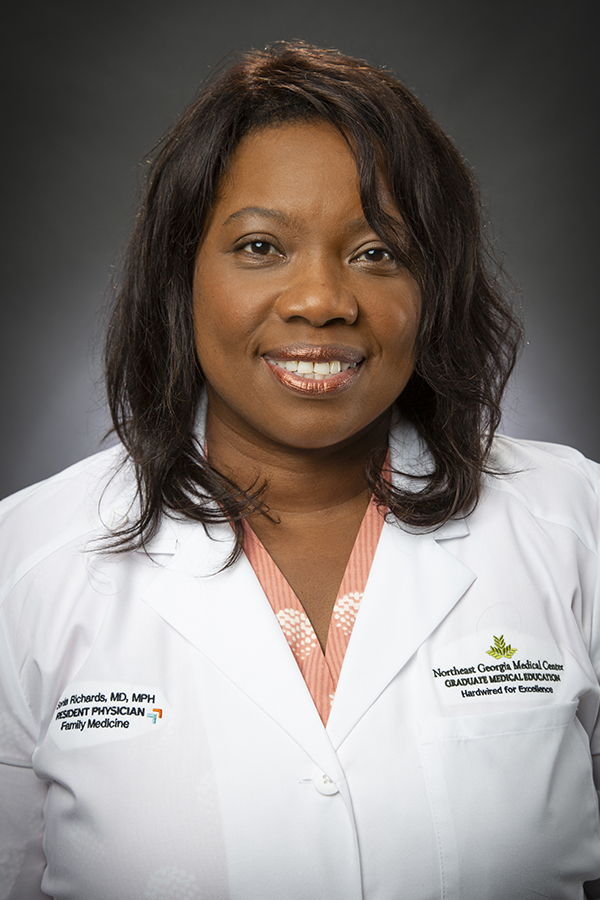What is addiction?
Simply put, addiction is a disorder that affects the brain. The person experiencing this disorder has intense urges to engage in harmful behaviors, which provide immediate sensory rewards – even though there are unhealthy consequences – making it hard to live without or move on from these behaviors. Because of this immediate satisfaction, people oftentimes become heavily dependent on their addiction, which can lead to many health issues and problems in their life.
According to the 2020 National Survey on Drug Use and Health, more than 40 million Americans, ages 12 or older, had a substance use disorder in the past year. This study also found that 90% of addictions start in the teen years and 75% of adolescents have already tried drugs.
On top of the staggering number of addictions that start in the teen years, many folks in our community who have addiction disorder are also homeless. I have personally seen people in our community living under bushes and tents – among many snakes and other wildlife that are very dangerous. They try to get clean, but sometimes they spiral into depression, which keeps them jobless and homeless.
Types of addiction
Addiction doesn’t look the same for everybody. There are a couple different types of addiction:
- Behavioral addiction
This kind of addiction occurs when someone becomes addicted to certain activities like gambling, sex or eating food. - Substance addiction
This kind of addiction occurs when someone becomes addicted to alcohol or drugs, like cannabis, hallucinogens, inhalants, opioids, sedatives, hypnotics, anxiety medications, stimulants tobacco or even caffeine.
Substance addiction can sometimes lead to serious health issues such as liver cirrhosis, cardiovascular disease, stroke, cancer, HIV/AIDS and Hepatitis B and C. It can also lead to psychological issues such as paranoia, aggressiveness, hallucinations, impulsiveness, impaired judgment and loss of self-control.
Why does addiction happen?
Sometimes, people start using drugs or alcohol or take part in risky behaviors because they think it will make them feel better or forget their problems. But over time, they get used to the feeling and their brain becomes dependent on it.
Addiction causes the circuits in the brain to malfunction – making people want more of the substance or behavior. Dopamine is a neurotransmitter (or chemical messenger) that is the main reward system of the brain. It’s basically responsible for making us feel good and causes the cravings after using an illicit substance or taking part in a certain, risky activity. The substance delivers a jolt of intense pleasure and makes the individual want and crave more and more, soon developing a tolerance. Over time, it takes more of the substance to make the person happy.
Treatment for Addiction
There is good news! People can and do beat addiction every day. It takes a lot of effort, though, and sometimes medication and therapy are needed to aid the process. A couple examples of this are:
- Naltrexone
This is a medication used to help with cravings for those that are addicted to alcohol or drugs, oftentimes to help prevent relapse. It works by repairing the pathways in the brain and thereby reducing cravings. The medicine works best when combined with a comprehensive treatment that includes therapy, peer support and monitoring. - Cognitive Behavioral Therapy (CBT)
This is a form of psychotherapy that helps in treating many mental health issues, such as mood disorders, anxiety disorders and substance use disorders. CBT helps to change negative thought patterns in order to change behaviors, as well as developing and encouraging healthy coping skills into one’s life.
How do we stop addiction before it starts?
I would love to stop addiction before it starts – that’s the goal for every doctor. One way to do this is to work on preventing addictive patterns by fostering strong, emotionally healthy skills. These skills can protect adolescents from falling victim to the triggers of drug use. We must encourage self-care, therapy and coping skills.
Below are a few important factors to help prevent these behaviors before they start:
- Establish expectations
- Enforce consequences
- Be aware of risk factors
- Encourage emotional well-being
Learn More
Remember, no matter what you’re going through, you should never have to live depressed, defeated, condemned, guilty, ashamed or unworthy. You were created to be victorious!
If you or someone you know is struggling with addiction, it’s important to let them know that you care about them and want to help. Encourage them to talk to someone they trust in their life – which includes their doctor! If they don’t have a doctor but need to speak to one, visit ngpg.org to find one who fits your needs.
To learn more about addiction and find resources to help, please visit the United States Drug Enforcement Agency’s recovery resources page, the Substance Abuse and Mental Health Services Administration or addictionhelp.com.


